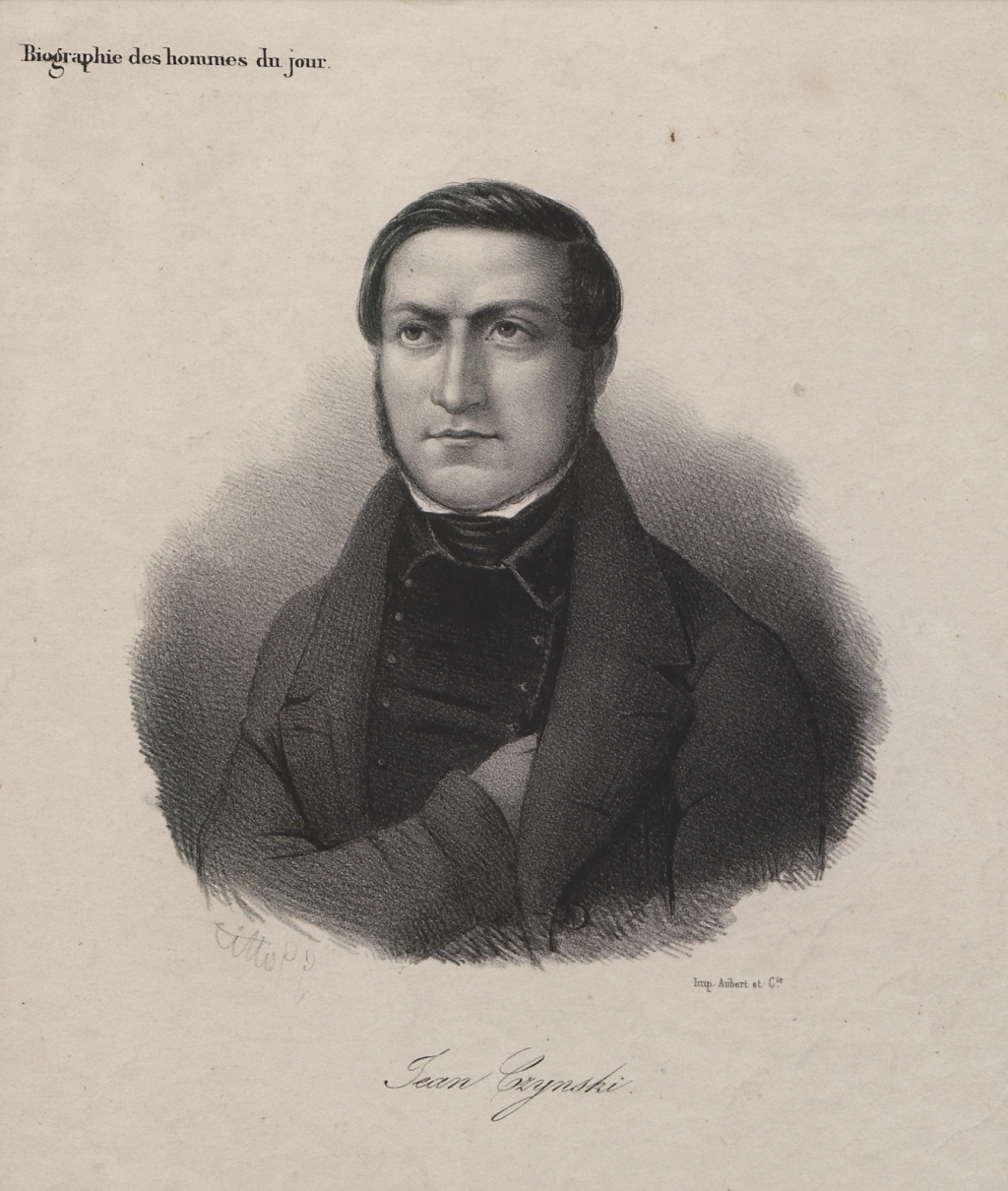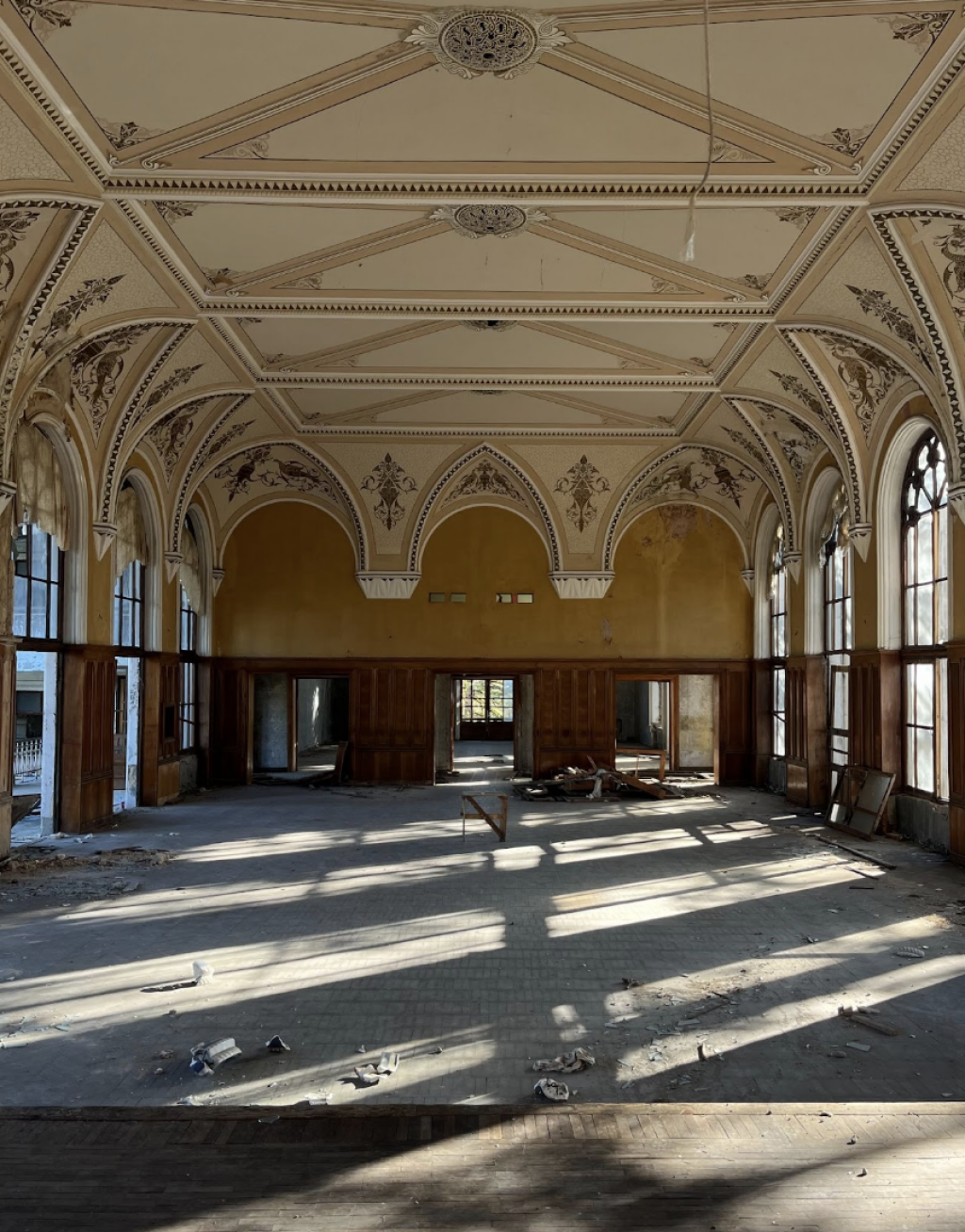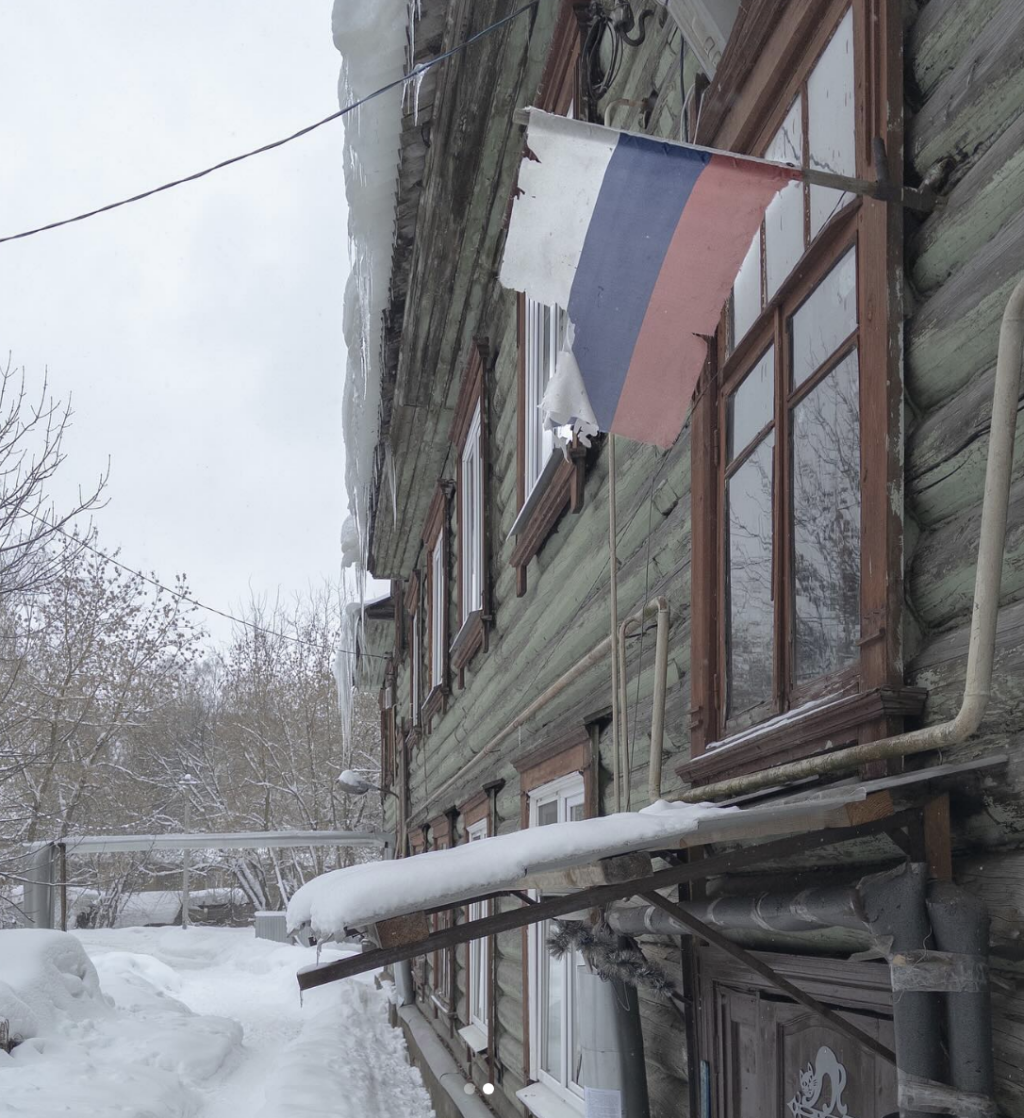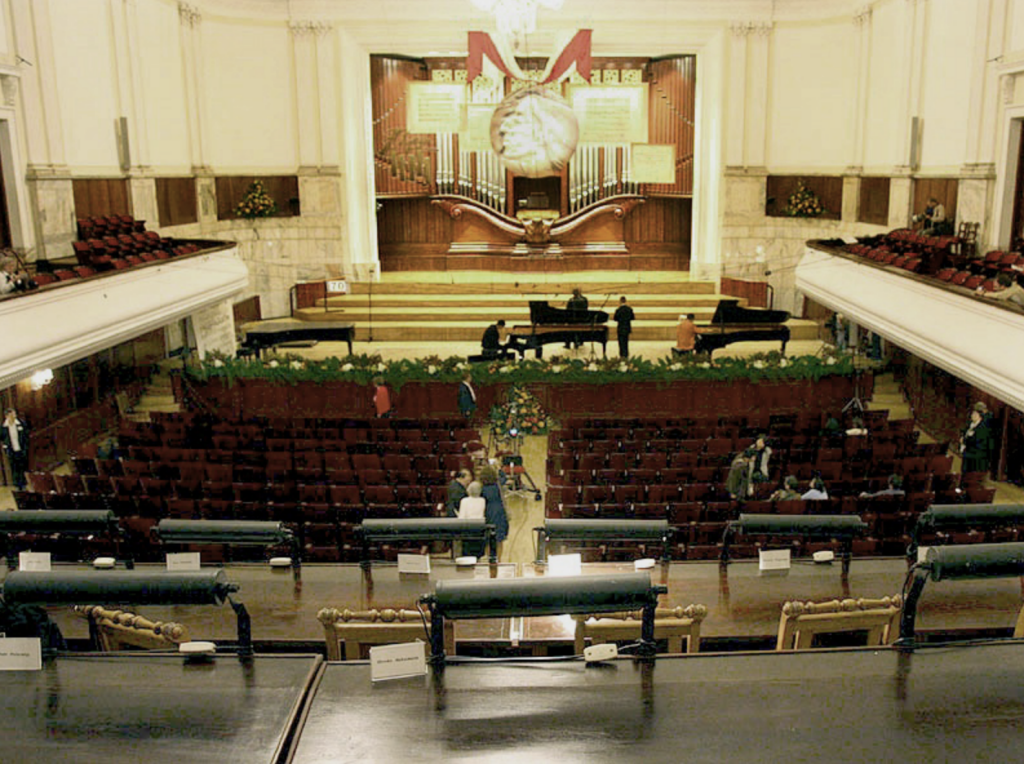Featured
The Official Who Cried Secret Societies, or How Decembrists Helped to Merge Conspiracy Theories and Russian Security State
The events that followed the Decembrist Uprising cemented the close bond between conspiracy thinking and the Russian bureaucratic mentality.
To the Decembrists’ “Hopeless Cause” (Of Enthusiasm)
In the Russian nineteenth century, the emotional states of enthusiasm and melancholy signified a rebellion against authority, tradition, and political order.
Chaadaev’s “Revolutionary” Retirement: The Politics of Contempt
After the soldiers of Russia’s elite Semenovskii regiment mutinied in fall 1820, the officer entrusted with writing up the incident for Alexander I was none other than the philosopher Petr Chaadaev.
The Melancholy of Hope, Two Hundred Years On
The diaries of Nikolai Turgenev (1789-1871) show how one young man living through a historical upheaval when “past” crumbled, “present” became unintelligible, and “future” foreclosed managed to reclaim his present and act for the future—both his own, and Russia’s.
Narratives under the Influence: Rethinking Stalin-Era Literature Through the Hidden Discourse of Narcotics
References to psychoactive substances are surprisingly common in Stalin-era literature—and not only in “unofficial” or “underground” works.
The Memorialization of Bauyrzhan Momyshuly in Kazakhstan
The figure of Bauyrzhan Momyshuly (1910-1982), a Kazakh-Soviet military colonel and writer, helps establish historical continuity between pre-modern forms of Kazakh statehood and the present republic.
The Bicentennial that Isn’t of the Revolution that Wasn’t: Reflections on the 200th Anniversary of the Decembrist Uprising
It is hard to overlook the fact that perhaps what matters most about the Decembrist bicentennial is its absence.
Thinking Reeds and Foolish Weeds: On Emigration and Adaptation
Both Nina Berberova and Olga Zilberbourg lack the comforts of a rooted identity. In its place, each author carves out a narrative space where survival itself becomes a form of authorship.
Inherited Silence: Russian Family History
What defines post-Soviet family history is not what has been transmitted, like the inherited pain of Holocaust survivors’ descendants, but what has been missed.
Valentin Parnakh’s “Pension Maubert”: Fragments Towards Universality
During his time abroad, the Soviet poet, translator, jazzman, dancer, and choreographer Valentin Parnakh (1891–1951) constantly faced the question of choosing a new language for his poetry.
Croatia’s First Decade in the European Union: Political, Social, and Economic Challenges
Although it may seem as though Croatia’s process of “Euro-Atlantic integration” has been completed, many political, social and economic challenges remain.
"QAS" (RUN) as a Memorial to the Asharshalyk: Loss, Famine, and Horror in Kazakhstan
The 2022 horror film "QAS" may be the closest thing that Kazakhstan has to a genuine memorial to Stalin-era crimes against the nation.
Nazi Crime, Soviet Punishment: War Crimes Trials in the USSR After 1945
The world’s first Nazi war crimes trial was held in July 1943, in the Soviet city of Krasnodar. Just six months after the city was liberated from German occupation, eleven defendants—all Soviet citizens—stood before a military tribunal, accused of collaborating with the enemy.
The Making of Catholic Poland: Religious Tolerance and Nineteenth-Century Polish Nationalism
Before Catholicism became a dominant part of the Polish national imagination in the twentieth century, Poles carefully crafted visions of Poland-Lithuania’s past that interpreted the Commonwealth as a bastion of religious tolerance.
Shifting Sanctuaries: Soviet Sanatoria and Displaced Communities in Georgia
Prioritizing the Soviet-era splendor of Georgian sanatoria over their more recent role as shelters for internally displaced people erases a vital chapter of local history.
Dmitry Markov: Writing with Light
Markov illuminates a curious world often left unseen, writing zakoulki (nooks and crannies) and their absent-minded pedestrians into a portrait of twenty-first-century Russia that neither absolves nor condemns its subject matter.
Declaring Neutrality at the 2025 International Chopin Piano Competition
This year’s Chopin Piano Competition boasts 84 participants from 20 countries competing for cash prizes and, more importantly, coveted concert and recording engagements and name recognition.
Trapped in the Frame: Sokurov’s "Russian Ark" and the Illusion of Artistic Salvation
Alexander Sokurov’s 2002 film “Russian Ark” may intend to affirm the redemptive power of art as Russia’s only salvation, but ultimately undermines that hope.
Russian Constructivist Architects and the Ideal of America
By the late 1920s, the Organization of Contemporary Architects’ affinity with American architectural principles left it vulnerable to attacks from rivals—and the Soviet state.
Two Albanians Talk Corruption (But Only One of Us is Human)
Natural-born skeptics, Albanians responded to the fanfare around Diella, as they have done throughout their troubled history, with world-class humor.
Want to contribute a post? Pitch Blog Editor Maya Vinokour at jordan.center.blog@gmail.com!




















